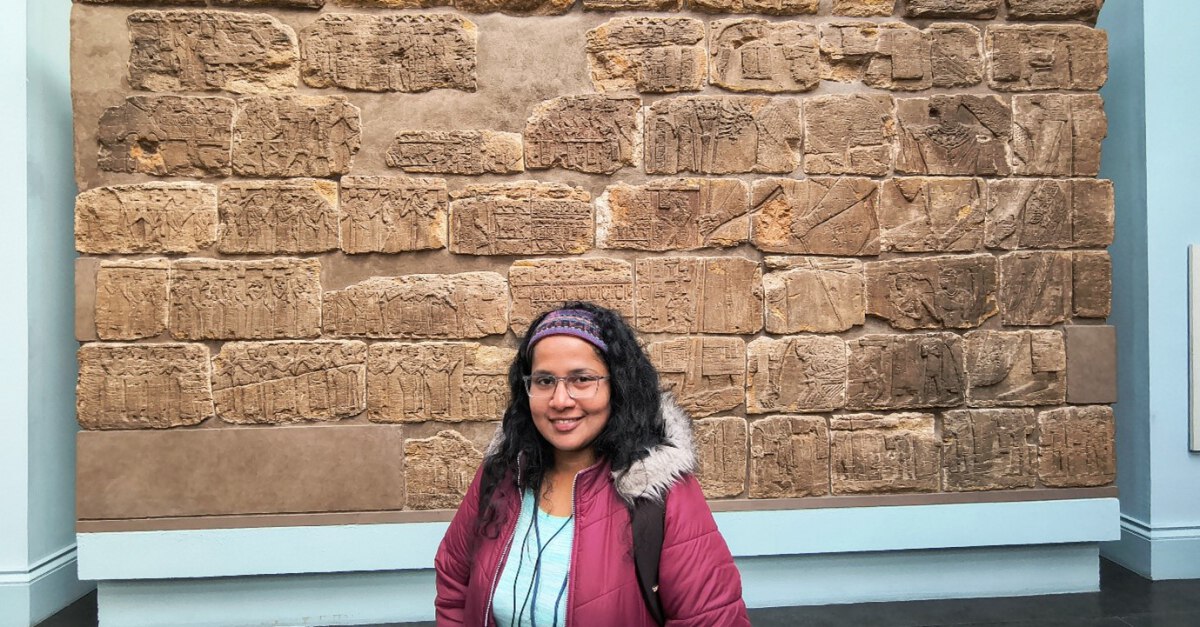Open access glossary
10/06/2019

Do you know your AAM from your APC, your CRIS from your CERES, and your CTA from your CC-BY?
If the answer to any of these questions is a resounding ‘No!’, then you need our jargon-busting open access glossary by your side.
The glossary is just one of the treats that we have been busy putting together to celebrate Open Access Week (10-14 June). It contains all the most commonly used words, phrases and abbreviations that we use every day when communicating with you around making your work openly available. We have included the jargon that is widely used in the open access community, and also some of the more Cranfield-specific terminology and procedures.
If you have any suggestions for any that we have overlooked, please let your information specialist know and we’ll add it.
Look out for regular tweets and blog posts during Open Access Week from your Library Service with simple advice on how to make your research public.
AAM – Author accepted manuscript
The peer reviewed final version of your manuscript. It doesn’t contain any publisher logos, formatting or copyright information. Also known as a post-print.
APC – Article processing charge
A fee charged by a publisher to pay for gold open access to a paper.
Block grant
Money that can be used to pay APCs for gold open access publishing, if the research has UKRI funding AND if it is published in journals that appear on Cranfield’s leading academic journals list.
CERES
Cranfield University’s freely available institutional repository (Collection of E-RESearch). It contains our research data as well as peer-reviewed publications, including journal articles, PhD theses, book chapters, working papers and technical reports. Visit CERES.
Copyright transfer agreement (CTA)
When an author signs over (‘transfers’) the copyright of their work to the publisher. Try not to do this.
Creative Commons (CC)
Creative Commons is an organisation that provides free, easy-to-use copyright licenses to make a simple and standardized way to give the public permission to share and use creative works. Commonly used licenses are:
CC BY Attribution: Others may distribute, remix, tweak, and build upon your work, even commercially, as long as they credit you for the original creation. This is the most accommodating of licenses offered. Recommended for maximum dissemination and use of licensed materials.
CC BY NC Attribution-NonCommercial: Others may remix, tweak, and build upon your work non-commercially, and although their new works must also acknowledge you and be non-commercial, they don’t have to license their derivative works on the same terms.
CC BY NC ND Attribution-NonCommercial-NoDerivatives: The most restrictive Creative Commons license, allowing others to download your works and share them with others as long as they credit you, but they can’t change them in any way or use them commercially.
CRIS
The University’s research information system and the central repository of Cranfield authors’ research publications. Your paper must be on CRIS to be eligible for the REF.
Data access statement
Funders and publishers often require data to be open access, as well as articles. A data access statement is a sentence in a publication that gives readers a link to the data and/or detailing any restrictions if the data is not open access.
Date of acceptance
The date that an article was accepted for publication by a journal. Outputs accepted for publication from the 1 April 2016 must be deposited as soon after the point of acceptance as possible, and no later than three months after the date of publication.
Date of publication
The date that the version of record was first made available online by the publisher. This may differ to the date that is shown once the paper has been assigned to a volume and part number.
Discoverable
When an article can be found by readers and search engines, usually through a record on a repository such as CRIS, it is said to be discoverable.
DOI
Digital object identifier. This is a unique code assigned to a digital resource; when prefixed with https://doi.org/ it makes a permanent link to the resource.
Embargo
A time delay imposed by the publisher which restricts access to the green version of a paper until the end of this delay. The embargo begins from the date that it was first published.
Fully OA journal
A journal which publishes only gold open access articles, often after payment of an APC.
Green open access
The paper is archived in a repository such as CERES for free. Access may be delayed due to an embargo imposed by the publisher. The author accepted manuscript version of the article can be made available in CERES.
Gold open access
Normally an APC is paid to the publisher who then makes the final published version immediately available on publication on their website. It can also be added to CERES.
Hybrid journal
A journal that makes articles available via a mixture of traditional subscription-based publishing and open access. Some individual articles are available immediately via gold open access, as a result of an article processing charge (APC) having been paid. The rest require a subscription to the journal in order to be accessed, or can often be read for free after an embargo period imposed by the publisher.
Institutional repository
An online archive of an institution’s scholarly outputs e.g. journal articles, books, book sections, technical reports and any other publication types. Cranfield’s institutional publications repository is called CERES, and our institutional data repository is called CORD.
Leading academic journals list
A list of journals created by RIO (the Research and Innovation Office at Cranfield University). It contains journals within the top 10% of their JCR (Journal Citation Reports) subject category by impact factor.
Open access (OA)
A publishing model whereby scholarly works such as journal articles are made openly and freely available to all.
Publisher’s PDF
This is the final version of a paper, available on the publisher’s website and including all logos and publisher formatting.
Research Excellence Framework (REF)
The system for assessing the quality of research in UK higher education institutions.
Sherpa
A range of tools to help people check if journals comply with funder and REF open access policies www.sherpa.ac.uk.
Submitted manuscript
The version of the manuscript submitted to the publisher before it has undergone peer review and been accepted for final publication. Also known as a pre-print.
UKRI
UK Research and Innovation. An organisation that brings together the seven Research Councils, Innovate UK and Research England.
VoR (Version of record)
The final published and formatted version of an article.
Categories & Tags:
Leave a comment on this post:
You might also like…
From Sri Lanka to Cranfield: How a Commonwealth Scholarship transformed my environmental engineering journey
Hi, I’m Kavithanjali Uthayashangar and I’m here to tell you about my journey into environmental engineering. It began with a simple but powerful motivation: a desire to understand how engineering can ...
Inside the Air Transport Management MSc: Classes, assignments, and group project work
What’s it really like to study Air Transport Management at Cranfield? Adit walks us through a typical day, assignment expectations, and the excitement of hands-on group projects. This is the second of three blog ...
Using Factiva to research a company
If you’re tasked with researching a company, your first port of call might be to search Fame or EBSCO Business Source Complete. Your immediate reaction might not be to look at Factiva. However, for larger ...
How do I write a secondary reference … in the NLM style?
Secondary referencing is used when you’re reading a work which includes a quotation from another author, and you – the researcher – can’t obtain the original source. We always advise, where possible, to try to ...
Reaching new heights: How a Global Excellence Scholarship fuelled my aerospace dreams
Leaving my home in India to pursue an MSc in Aerospace Dynamics at Cranfield University was a leap of faith. Hi, I’m Oliza Kachroo and as an international student, the transition ...
How do I reference…when delivering a presentation?
Just as you cite and reference sources in written work, you should also acknowledge the sources you use or quote in oral presentations. Citing your sources in presentations provides your audience with information about the ...






